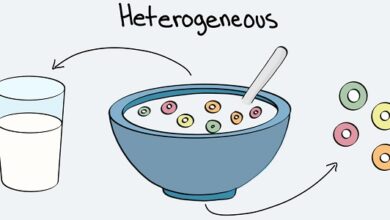What is Scientific Thinking definition/concept
A three-year-old child thinks magically, Paleolithic man thought from a mythical perspective, and a person from the Middle Ages reflected through superstitions. These examples illustrate an obvious fact: thought has many shapes and dimensions. From ancient Greece to the present day, human beings have developed a way of thinking that has changed human history: scientific thinking.
Fundamental aspects
All events around us occur for a reason, that is, there are some causes that explain the phenomena and these causes can be discovered using a method based on the scientific method. In this sense, the general scheme of the scientific method is as follows:
1) an explanatory hypothesis about the observed phenomenon;
2) accumulation of data based on observation and experimentation;
3) contrast the data obtained with the initial hypothesis;
4) once the analyzed data is verified, it is possible to establish a general law that explains this phenomenon.
Consequently, scientific thinking is based on the rigor of research, the quantification of data and laws, and the theories that support the observations.
Scientific thinking is a form of knowledge that does not give rise to subjectivity, fantasy, prejudice, in short, everything that cannot be demonstrated. In this sense, all scientific reasoning is based on objectivity, rationality and systematicity. Scientific Thinking
Scientific thinking and everyday life
In our daily life we can (and should) include a scientific mindset to offer an explanation of what happens around us. If we analyze a fact that we have to do with objectivity (what is its cause, how and when they occur, how often, etc.). On the other hand, we must use rationality criteria, that is, based on the laws of logic and the principles of human reason. Finally, systematicity is the criterion that allows us to understand an event within a context.
Scientific thinking is very present in everyday life and allows us to ask questions based on reason, which leads us to seek the truth. In other words, a scientifically minded person wants to know why things happen.



